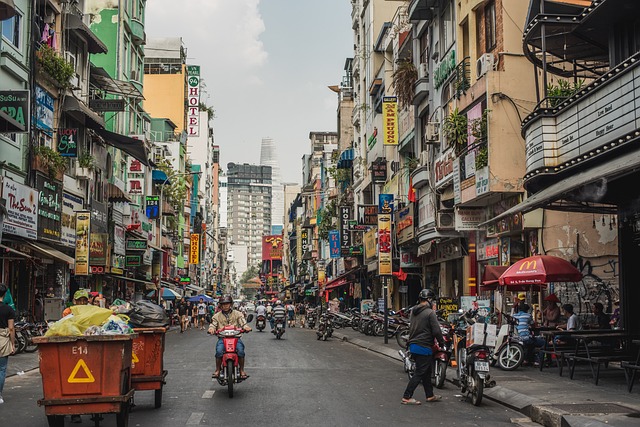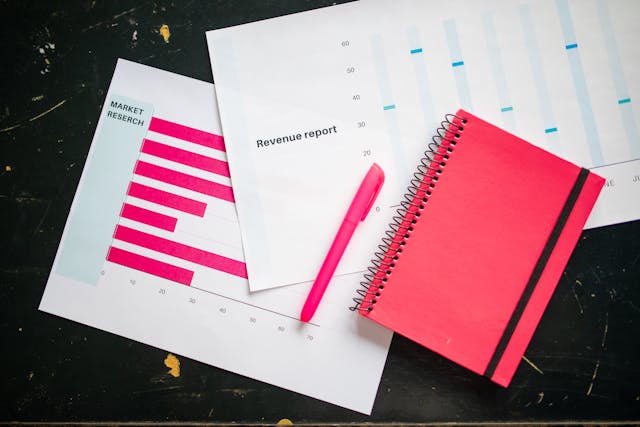Vietnam Customs and Tax Benefits in 2024
Vietnam Customs and Tax Benefits have made the country an increasingly appealing destination for foreign investment and international trade. With several important updates to customs procedures and tax incentives in 2024, businesses entering the Vietnamese market or already operating there need to stay informed to seize opportunities and remain compliant with regulations. This article explores the key aspects of Vietnam’s customs and tax benefits in 2024, providing vital insights for businesses seeking to thrive in this dynamic market.
Vietnam’s Customs Procedures in 2024
Vietnam’s customs regulations have evolved significantly in recent years, driven by the country’s participation in multiple free trade agreements (FTAs) and its efforts to streamline border procedures. These changes aim to enhance trade efficiency and ensure that businesses can navigate the customs process smoothly.
Streamlined Customs Procedures
In 2024, Vietnam continues to implement measures that simplify its customs process. Businesses benefit from:
- National Single Window: This electronic system integrates customs declarations with other government agencies, enabling businesses to submit all required documentation through a single platform. This reduces administrative delays and improves the speed of processing goods at borders.
- Authorized Economic Operator (AEO) Program: Compliant and trusted businesses are eligible for the AEO program, which offers benefits like faster customs clearance and reduced inspections. By demonstrating a high level of compliance, companies can enjoy fewer regulatory hurdles, enhancing supply chain efficiency.
Import Tariffs and Free Trade Agreements (FTAs)
Vietnam’s extensive network of FTAs continues to provide significant benefits for businesses in 2024, including reduced import tariffs on goods from partner countries. Notable agreements include:
- EU-Vietnam Free Trade Agreement (EVFTA): This agreement, in force since 2020, continues to reduce or eliminate tariffs on various goods traded between Vietnam and the European Union. However, businesses must ensure that their goods meet the stringent rules of origin criteria to qualify for these preferential rates.
- Regional Comprehensive Economic Partnership (RCEP): This comprehensive trade agreement, which includes 15 Asia-Pacific nations, further reduces tariffs on a wide range of goods. RCEP, effective since 2022, has made it easier for businesses to trade across Asia-Pacific markets with lower tariffs.
To benefit from these FTAs, businesses must comply with rules of origin, including obtaining certificates of origin (C/O) that verify the country of origin of their goods.
Key Tax Benefits for Businesses in 2024
Vietnam offers a variety of tax incentives to attract both domestic and foreign investment. These tax benefits apply particularly to high-priority sectors such as high-tech industries, renewable energy, and research and development.
Value-Added Tax (VAT)
Vietnam’s VAT regime remains largely unchanged in 2024, with the standard VAT rate set at 10% for most goods and services. However, certain industries and sectors benefit from reduced VAT rates or exemptions:
- Reduced VAT Rates: Sectors like healthcare, education, and agriculture continue to benefit from reduced VAT rates or full exemptions. These incentives aim to support the growth of key domestic industries and reduce costs for consumers in essential sectors.
- VAT Refunds for Exporters: Exporters in Vietnam can claim VAT refunds on input goods, helping them reduce costs and enhance their competitiveness in international markets. To qualify for these refunds, businesses must submit documentation proving the export of their goods.
Corporate Income Tax (CIT) Incentives
Vietnam offers several CIT incentives to attract investment in priority sectors. These tax benefits are particularly relevant to businesses operating in high-tech industries, sustainable energy, and other key sectors identified by the government as vital for national development:
- Tax Holidays: Newly established businesses in high-priority sectors, such as high-tech, can enjoy tax holidays of up to four years. After the holiday period, businesses may also benefit from a 50% reduction in CIT for an additional nine years, allowing them to reinvest profits into their operations.
- Preferential CIT Rates: Certain sectors benefit from lower CIT rates, sometimes as low as 10%, compared to the standard CIT rate of 20%. These preferential rates can apply for up to 15 years, offering long-term tax relief for businesses that meet the criteria for investment in priority sectors.
Environmental Protection Tax (EPT)
As part of its efforts to promote sustainable development, Vietnam has adjusted its Environmental Protection Tax (EPT) in 2024. These changes affect businesses that rely heavily on fuel and other environmentally sensitive products:
- Temporary Reduction of EPT: The Vietnamese government has temporarily reduced the EPT on gasoline, oil, and lubricants by 50% in 2024. This measure is intended to reduce costs for industries reliant on these fuels, such as transportation and logistics, and stimulate economic recovery.
Global Minimum Tax (GMT) Policy
In 2024, Vietnam has introduced the Global Minimum Tax (GMT) policy, a significant development in its tax regime. This policy aims to ensure that multinational enterprises (MNEs) pay a minimum level of corporate income tax, even if they benefit from local tax incentives:
- Impact on Multinational Enterprises: The GMT sets a minimum CIT rate of 15% for large multinational corporations operating in Vietnam. This aligns with global efforts to prevent tax avoidance by large MNEs, ensuring that they contribute fairly to the national tax base.
Compliance and Documentation Requirements
While Vietnam offers numerous customs and tax benefits, businesses must remain compliant with the country’s regulations. Key compliance requirements include:
- Documentation for Tax Incentives: Businesses seeking tax benefits must provide thorough documentation, such as investment certificates, proof of compliance with environmental standards, and evidence of investment in priority sectors. Failure to provide the required documentation can result in the denial of tax incentives or penalties for non-compliance.
- Customs Compliance: To benefit from preferential tariffs under FTAs, businesses must comply with customs regulations, including the proper classification of goods, accurate valuation, and timely submission of required customs declarations. Non-compliance can result in delays, fines, or the loss of preferential tariff rates.
Conclusion on Vietnam customs and tax benefits
Vietnam customs and tax benefits in 2024 present significant opportunities for businesses engaged in international trade and investment. With streamlined customs procedures, preferential tariffs under FTAs, and a variety of tax incentives, Vietnam remains an attractive destination for foreign investment. However, businesses must stay informed of the latest developments in customs and tax regulations to fully capitalize on these benefits.
By understanding the intricacies of Vietnam’s customs regime and ensuring compliance with rules of origin, businesses can effectively optimize their operations. Furthermore, by taking advantage of tax incentives in priority sectors, they can significantly improve their bottom line in one of Southeast Asia’s most dynamic markets.
For businesses considering entering or expanding in Vietnam, it is crucial to consult with local experts. Additionally, keeping abreast of regulatory updates can provide a competitive edge in navigating the country’s evolving customs and tax landscape. Thus, staying informed and leveraging local expertise will enhance businesses’ prospects for success in Vietnam’s vibrant economy.









